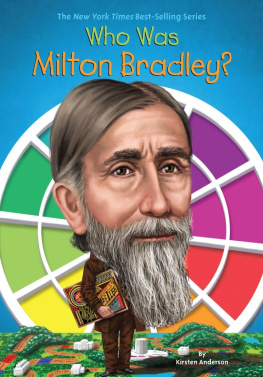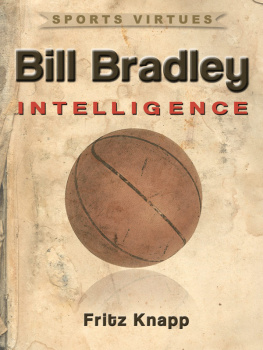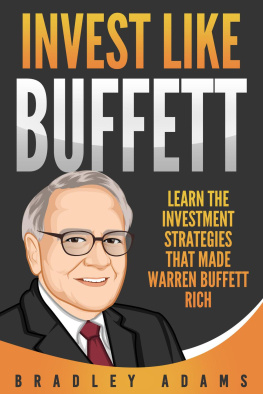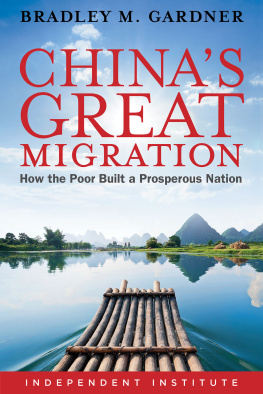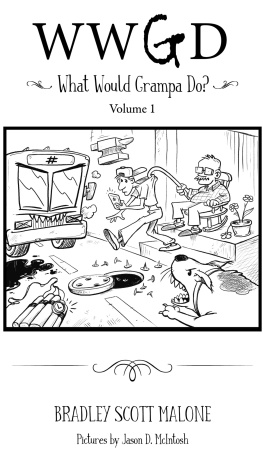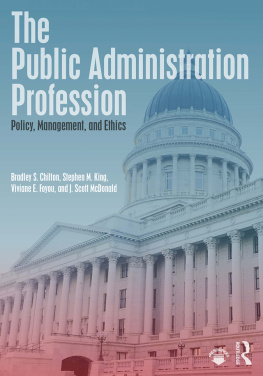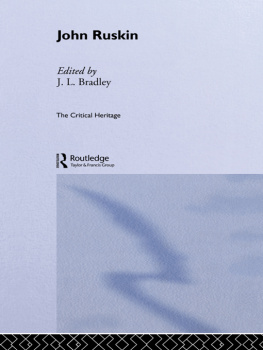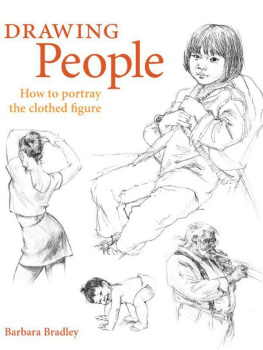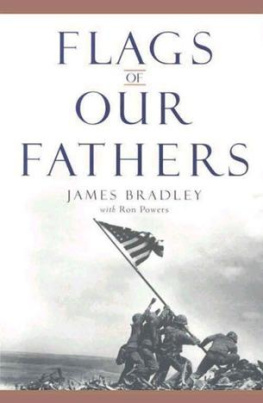WE CAN ALL DO BETTER
WE CAN
ALL DO
BETTER

BILL
BRADLEY

Copyright 2012 by Bill Bradley
Published by Vanguard Press,
A Member of the Perseus Books Group
All rights reserved. Printed in the United States of America. No part of this book may be reproduced in any manner whatsoever without written permission except in the case of brief quotations embodied in critical articles and reviews. For information and inquiries, address Vanguard Press, 387 Park Avenue South, New York, NY 10016-8810.
Books published by Vanguard Press are available at special discounts for bulk purchases in the United States by corporations, institutions, and other organizations. For more information, please contact the Special Markets Department at the Perseus Books Group, 2300 Chestnut Street, Suite 200, Philadelphia, PA 19103, or call (800) 810-4145, extension 5000, or e-mail .
Editorial production by Lori Hobkirk at the Book Factory.
Cataloging-in-Publication Data is available at the Library of Congress
ISBN 978-1-59315-730-2 (e-book)
10987654321
For my daughter
Contents
F or eighteen years, I was a U.S. senator. Then for three years, I ran for president. For the past twelve years, the equivalent of two Senate terms, Ive worked in finance, including venture capital, investment banking, and money management. People ask me what I miss about being in politics. The answer is twofold: I miss concerning myself with public policy seven days a week and interacting with constituents. For me, American democracy is, as Woodrow Wilson put it, a sacred mystery.
I was always moved by the special relationship between a legislator and his constituents. In my Senate days, I would travel around New Jersey, my adopted state, trying to capture in my mind and heart the essence of the New Jerseyness I sought to represent. I believed I had been elected to use my judgment, not to be a weathervane swiveling in whatever direction the popular wind pointed. But that still meant I had an obligation to listen to my constituents before I voted.
Next to a large canvas sign reading Meet Senator Bradley, I would stand in the concourse of the Port Authority bus terminal, where ten thousand New Jersey commuters rushed past in an hour, my hand outstretched, my aides ready with pen and paper in case someones question required more information than I could convey in a fleeting moment. I would walk the beaches of the Jersey Shore, each summer covering the hundred and twenty-seven miles from Cape May to Sandy Hook, in what I called a walking town meeting; moving along the high-water line, I would answer questions, shake hands, catch Frisbees, pose for photos, and generally enjoy myself. At local Democratic Party eventsdances, dinners, cocktail partiesI would heed the advice an old pro once gave me, Billy, you got to kiss the women, only to come home at night drenched in the aromas of a hundred different perfumes.
New Jerseyans, like most people, cared about the big issues: jobs, health care, education, the environment, pensions, along with issues of foreign policy that bore on our national security. They were interested, too, in purely local issues: airport noise, commuter trains, road construction, and beach replenishment. I would stand before three hundred people in a town hall, taking their questions and gauging their moodsand I would ask myself, What made these three hundred people come out on this freezing winter (or rainy spring) night to ask me questions? Sometimes the answer was simple curiosity, but usually they wanted to find out whether they agreed with my views on the economy, foreign policy, or a hundred other issues. Sometimes they just wanted to have their say. I found the job of being their senator a big, exhausting, and wonderful responsibility.
I was frequently rejuvenated by these interactions with constituents. Occasionally I was their piata, but most often they shared their concerns and hopes with me. They told me how they were coping and what they thought government should do and not do. They asked me to help them with a mistake made by the federal bureaucracya lost Social Security check, an immigration problem. Their very presence at a town meeting or issue forum, their visits to my offices in New Jersey or Washington, DC, was testimony to their faith in our system of governance. They saw that the system was theirs.
The mystery for me was the connection I felt to them. I had always been curious about other people and enriched by their stories. But there had to be more to it than that. No one in my family had ever held elective office. My father, the local banker, was treasurer of the school board in our hometown of Crystal City, Missouri, for over twenty years, and my mother was a fourth-grade teacher and later a volunteer in church and civic groups. Both parents drilled into me, by word and example, the value of altruism, of giving a part of yourself to another human being. In a family like mine, idealism came naturally, but politics was another matter. My father wanted me to be a gentleman, my mother wanted me to be a success, but neither wanted me to be a politician.
But there was something moving and powerful to me even then about a group of citizens interacting in the knowledge that their collective opinion could have an impact. Democracy, I came to realize, worked only if people assumed their responsibility as citizens. If they didnt act, the monied interests controlled the process. If they took the initiative, our history showed that they could change the countrys direction.
Whenever I go back to that small town that sits on the west bank of the Mississippi, I go down to the river and stand for a while, watching it flow. It scours half a continent on its way to the Gulf of Mexico, and I imagine it all starting with one drop of water that with other drops forms a trickle that becomes a branch that flows into a creek that feeds into a river that flows into another, larger river, and another, and another, until there it is before methe mighty Mississippi. In those moments, the river is, for me, a metaphor for our democracy. Both start with a single, small, seemingly insignificant thingone drop of water and one citizenthat comes together with others and still others until you have a powerful current that sweeps away anything in its path. That river best expresses the mystery of democracy for me. Out of manyone, it says on the dollar bill. Thats true of a river and a democracy.
I look at our world as it is today and wonder how our American story will evolve. There are so many uncertainties, so much division, so much pain, yet I also see unlimited potential. The question is, Can we make the decisions now that will secure us a better tomorrow?
Sometimes in a democracy there is a standoff between two irreconcilable points of view. This was the case in the years leading up to the Civil War. Short of resorting to violence, you resolve such conflicts with political combat that, though vicious, is bloodlessuntil one side wins. Even given our current political paralysis, I dont believe that America is fundamentally different today than from years past. But our specific circumstances are indeed different, and our margin for error is much less. Will one party crush the other, or will we get together across party lines? Or will the emergence of a new party be the catalyst that allows us to act decisively before our economic crisis reaches the tipping point, destroying our common welfare and diminishing our power in the world?


